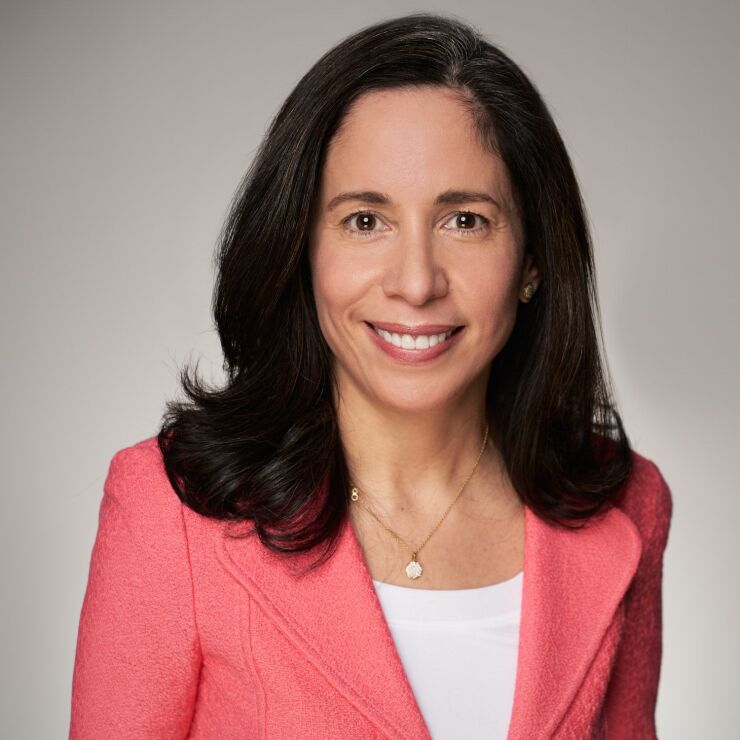After more than 15 years under government control, Fannie Mae's chief executive officer is thinking about
"Conservatorship was never meant to be permanent, right?"
"Someone somewhere has not taken a victory lap for the work that has been done to rehabilitate the enterprises." Almodovar said. A JPMorgan alumna, she came to Fannie after serving as the CEO of Enterprise Community Partners, a major housing nonprofit.
"Should they continue to be in conservatorship? What I worry about is you do lose some commercial muscle when you are in this sort of state, right? You're not government, you're not the private sector," she said.
The conservatorship of Fannie and Freddie is one of the last major pieces of outstanding business from the 2008 financial crisis. Policymakers have long debated a return of the companies to private ownership, but no firm plan has been adopted. In 2019, the mortgage giants were allowed to start retaining more of their own earnings in order to build up a capital reserve, a necessity should the firms ever leave government control. Since then, Fannie and Freddie have built reserves of $
Fannie and Freddie don't make loans. Instead, they purchase mortgages from banks and other lenders and package them into bonds. Those securities have guarantees that protect bondholders from the risk of homeowners defaulting. The process provides ample liquidity for the mortgage market, keeping the housing sector humming and borrowing rates low.
The Federal Housing Finance Agency, which serves as the conservator of the companies, has not set a path for the mortgage firms to return to private hands. But it has set some prerequisites.
At a May hearing, FHFA Director Sandra Thompson said that Fannie and Freddie first need to build their capital buffer high enough, roughly $300 billion between the pair. Once that's done, there will still need to be conversations with Treasury, who holds the government's stake in the companies. Congress will have a say, too, she said.
That leaves Fannie and its CEO stuck for the time being. The future of conservatorship is "for the policymakers to decide," Almodovar said.
Like the rest of Fannie and Freddie, Almodovar is barred from lobbying the government on the issue. "My job as professional management is to lead a company and a team that's running the company as safely and soundly under the conditions that we're operating under," she said.
A spokesperson for FHFA declined to comment.
Though Fannie has made significant strides in its finances and operations, there was still work to be done to get the company ready for the private sector when Mark Calabria, who ran the FHFA from 2019 to 2021, was in charge.
"I wouldn't disagree that progress has been made. These companies are in better shape," Calabria said later Thursday in a separate interview. He estimated that there is about two to four years of work left to resolve the outstanding issues at Fannie and Freddie.
The companies, both Almodovar and Calabria agree, are much better off than they once were.
"Fifteen years ago we were undercapitalized, underregulated — if I may — undergoverned," Almodovar said.
"Today, we have a capital rule, we have a regulator and we go through stress testing," she said. "Our business model, we've transitioned from holding mortgages on balance sheet to basically laying off all of our interest rate and duration risk. So it's a completely night and day company."






